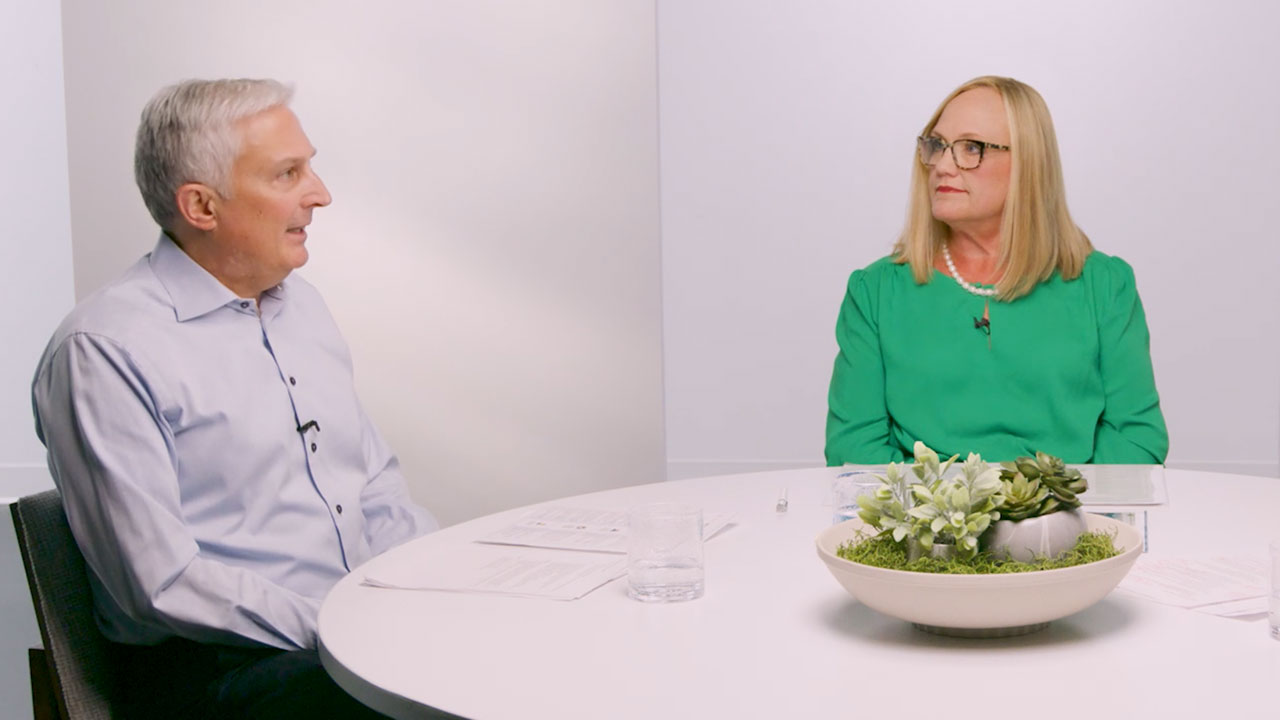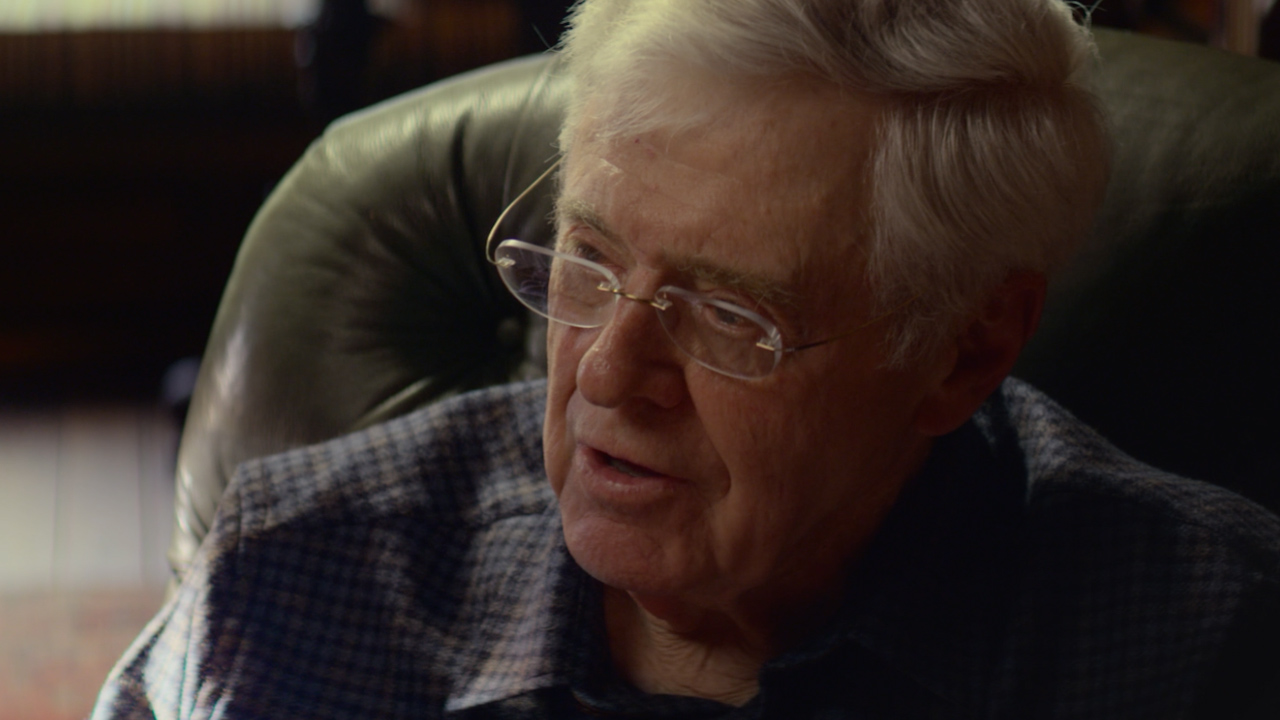Resumen de los principios
Knowledge is more than data, facts or information; it’s about applying understanding and know-how profitably to improve results. Societies are most prosperous when knowledge is plentiful, easily accessible, relevant and inexpensive. Such knowledge results from openness, free speech, challenge, free association, mutually beneficial trade and market signals, including prices and profit/loss. Anything that restricts the creation and use of knowledge distorts reality and hinders progress.
One of society’s greatest sources of knowledge is what each individual knows about their specific needs, preferences and circumstances, what they are good and not good at, and how they can best contribute. Because this knowledge is widely dispersed, it is impossible for one person or small group to make optimal decisions for everyone else. That is why prosperity and progress require a bottom-up approach in which individuals are empowered to develop and apply their abilities.
No matter how capable our employees may be, our company cannot possess all the knowledge necessary to succeed long term. To overcome entropy and at least match the creative destruction of our best competitors, we need a culture that values lifelong learning and innovation. This includes:
- Building broad knowledge networks to enable us to acquire the most valuable knowledge from any and all sources (Republic of Science).
- Employees developing the personal knowledge that enables them to solve problems, identify opportunities and discover better ways of doing things.
- Internally sharing our ideas and knowledge, soliciting and providing challenge (Scientific Method and Challenge), and identifying and closing gaps.
- Developing reality-based measures and doing marginal analysis to help us learn what works, improve results and increase our rate of transformation.
- Conducting well-designed experiments (Experimentation and Experimental Discovery).
Hayek recognized that human progress is not the result of human design but of experimentation and centuries of accumulated knowledge. The institutions, customs and traditions we take for granted reflect far more wisdom than any one person can possess. As Sir Isaac Newton said: “If I have seen further, it is by standing on the shoulders of giants.” Likewise, the organizational knowledge embodied in our principles and processes developed over time. Today’s employees benefit from the culture, know-how and practices developed over the years by employees they never met.
Principles such as integrity, humility and openness are vital to, and promote respect for, this organizational knowledge. At the same time, our principle-based framework encourages us to continually challenge our paradigms and update our vision of what is possible so we can innovate, transform and succeed long term.
Philosopher of science Michael Polanyi taught that we only truly know something — that is, have personal knowledge — when we can apply it to get results. We develop personal knowledge by converting conceptual understanding into an effective tool for solving problems, addressing new opportunities and discovering what does and doesn’t work. Developing personal knowledge involves a personal transformation—what Polanyi called, “a self-modifying act of conversion.” Reading a book or watching a video on how to ride a bike can be helpful, but developing personal knowledge requires riding one. Because practice makes permanent, not perfect, you must engage in correct, frequent and prolonged practice.
When you’re just learning how to do something, a template or operating procedure can be necessary and useful. As you study and practice in a particular field, you absorb increasing amounts of specific knowledge, including rules, facts and relationships. This encourages a type of conformity, but at some point, you know these details well enough that you can begin to focus on the whole and innovate, recognizing the limitations of templates and processes.
Discoveries are more likely when you understand the meaning of things because you sense what and when something is wrong, even though you may not always be able to articulate your understanding. You are able to perceive patterns, problems and opportunities — whether researching a new technology or market, operating equipment, interviewing a candidate, screening an acquisition or doing anything with the goal of delivering value to both customers and the company.
Personal knowledge helps you identify gaps between what is and what could be. Even without quantitative data, your intuition might tell you that something is wrong, or something better is possible. This is why we encourage the passionate pursuit of hunches based on personal knowledge. Hunches and intuition can be tough to explain, but that doesn’t make them incorrect. As Polanyi said: “We can know more than we can tell.” Hunches help you develop hypotheses that can be challenged and tested. This can lead to insights, discoveries and new ways of doing things.
Our principle-based framework recognizes that many individuals have deep personal knowledge about aspects of how to produce the product(s) or deliver the service(s) of the organization, but the total knowledge is dispersed. This is why we believe it is impossible for a top-down approach to determine all the necessary activities, methods and changes needed to be successful. Instead, we rely on a shared vision, superior cooperation and a culture where the knowledge of all employees is valued and leveraged to create the greatest long-term value for Koch.
Entiéndelo mejor
Ejemplos
A continuación se presentan diferentes aspectos de nuestro principio de conocimiento. Cada uno contiene varios ejemplos de su aplicación.
- En busca del conocimiento
- Compartir conocimientos
- Proporcionar y solicitar el desafío
- Aplicación del conocimiento personal
- En una reunión del ayuntamiento, Ava se entera de un proyecto que está abordando un problema similar al que está trabajando en su área. Ava programa tiempo con el líder del proyecto para obtener más información.
- Mientras Hugo lee un artículo sobre cómo un fabricante de automóviles resolvió un problema con sellos rotos, se pregunta si la misma tecnología funcionaría en su instalación química. Investiga más y luego pide a la gente de otras empresas de Koch que recomienden a personas en sus propias redes de conocimiento que puedan tener información útil.
- Maryam tiene la corazonada de que su equipo puede reducir los insumos de materias primas en un 10% sin afectar la calidad del producto. Después de hablar con sus supervisores, trabaja con un pequeño equipo para diseñar y ejecutar un experimento para probar su hipótesis.
- Es la primera vez que Joshua trabaja en un proyecto que abarca toda la instalación. Dawn, que ha estado presente durante años, le da la bienvenida a Joshua al equipo del proyecto, lo lleva a conocer a los otros miembros del equipo y le muestra cómo usar su sistema de seguimiento de proyectos.
- El equipo de Alice acaba de resolver un difícil problema técnico. Programa una reunión con compañeros de otras instalaciones para compartir las lecciones aprendidas. También les da acceso a la documentación que creó y se ofrece a ser un recurso si tienen preguntas en el futuro.
- Miquel se entera de que un negocio de Koch podría expandirse a un país en el que solía trabajar. Se ofrece a compartir sus experiencias y conocimientos con el equipo del proyecto.
- El equipo de Isla se está reuniendo para abordar un problema técnico y se entusiasma con la primera solución mencionada. Isla dice: "No nos apresuremos en esto. Deberíamos hacer una lluvia de ideas y evaluar otras alternativas".
- Mientras escucha una propuesta, Leo pregunta: "¿Cómo cambiaría el resultado si adelantáramos el plazo cuatro semanas?"
- Yuki se da cuenta de que un miembro del equipo ha estado callado mientras su equipo está discutiendo un tema importante. Yuki dice: "Mei, ¿qué crees que deberíamos hacer?"
Solo sabemos realmente algo (tenemos conocimiento personal) cuando podemos aplicar ese conocimiento para obtener resultados.
- Witt quiere ser un gran desarrollador de software y sabe que necesita más que su aprendizaje escolar para hacerlo. Trabaja con su supervisor para encontrar un buen mentor que pueda ayudarlo a desarrollar sus habilidades brindándole orientación y retroalimentación sobre su trabajo.
- Jakub es un experimentado operador de máquinas. Puede detectar si hay un problema con una máquina por cómo suena, la vibración o los ligeros cambios en los datos.
- Ella es reclutadora. Utiliza su conocimiento de los diferentes roles en Koch, sus habilidades para entrevistar y su profundo conocimiento de Nuestros Valores para reconocer cuándo los candidatos están motivados para contribuir y recomendar roles que estas personas pueden no haber considerado.
Pruébalo
El poder de estos principios ocurre a través de la aplicación. No hay sustituto para aprender a medida que aplicas.
Piensa en algo en lo que estés trabajando ahora que podría beneficiarse de conocimientos nuevos o diferentes. ¿Cómo podrías adquirir ese conocimiento?
- Piensa en el conocimiento o las percepciones que has adquirido recientemente. ¿Quién más podría beneficiarse de ese conocimiento? ¿Cuál sería una forma efectiva de compartirlo?
- ¿Qué puedes hacer para desarrollar tu red de conocimiento? Familiarícese con EverLearn (interno de Koch) y otras herramientas para facilitar la búsqueda y el intercambio de conocimientos.
¿Cuál es la diferencia entre datos y conocimiento? ¿Por qué es importante distinguirlos?
¿Cómo sabes cuándo es el momento de involucrar a otros en lugar de trabajar en un problema tú mismo?
- Piensa en alguien que sea bueno en la búsqueda de conocimiento. ¿Qué acciones toman? ¿Cómo les ayuda esto a obtener mejores resultados?
- Piensa en alguien que sea bueno para compartir conocimientos. ¿Qué acciones toman? ¿Cómo es esto beneficioso?
- ¿Qué es algo para lo que has desarrollado conocimientos personales? ¿Cómo lo desarrollaste?


